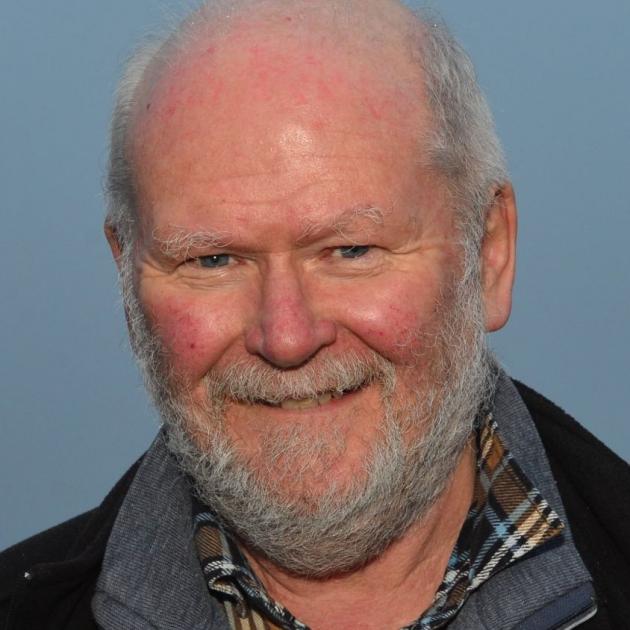
It has been a magnificent summer. A couple of months to celebrate our wonderful country and our privileged lifestyles, Colin Campbell-Hunt writes.
At the start of 2016, there is also better reason to be hopeful for our long-term future.
Signed on December 12, the Paris agreement of the United Nations Framework Convention on Climate Change achieved considerable international consensus on the need to put the brakes on mankind's headlong emissions of greenhouse gases.
Prof Robert Stavins, of Harvard's Kennedy School of Government, points to six ways in which the Paris agreement has improved our chances of limiting the threats of climate change.
First, the signatories to the Paris Agreement have reaffirmed the goal of keeping average global warming within the 2degC that may give us a better than 50:50 chance of avoiding runaway climate change.
Beyond that, and responding to urgent advice at the Paris conference from climate scientists, the more aspirational goal of 1.5degC is also acknowledged.
Second, the agreement has achieved a broad-based international commitment to reducing emissions.
All 195 countries signing in Paris have agreed to publicly adopt intended nationally determined contributions (INDC) and by the end of the conference, 186 of the 195 had done so, representing 96% of global emissions.
This is a huge step up from the 14% previously covered by the defunct Kyoto Protocol. But is it enough?
It was plain going into the Paris conference that the sum of proffered INDCs would not be enough to limit average temperature increase to the 2degC target.
Fully implemented, the Paris INDCs would produce a 3.5degC increase by the end of the century; not enough, but an improvement on the disastrous 5degC to 6degC increase that our current rate of emissions would produce.
But this is only the first step, and Prof Stavins points to article 14, which requires INDCs to be revised every five years, and to article 4, which will impose the same requirements on all countries to monitor, report and verify their emissions.
Paris thus offers a framework in which all countries will be periodically challenged by the rest of the world community to take their share of the burdens of adjustment.
So the third advance at Paris was agreement by all countries to submit to international pressure for continuing reductions.
Fourth, there is agreement in article 6 that the various national policies being used to limit emissions (carbon pricing, carbon taxes, subsidies and so on) should be linked at the international level, creating incentives for reductions where they are most needed, regardless of a country's own ability to absorb the cost. The technical phrase used is "internationally transferred mitigation outcomes'' (ITMO).
Fifth, the agreement includes a $US100 billion ($NZ151 billion) commitment to finance climate change adaptation.
Sixth, article 8 acknowledges that climate change will produce "loss and damage'' for the most affected countries.
To get polluting countries to agree to this, however, the article also states that this acknowledgment "does not involve or provide a basis for any liability of compensation''.
So Paris has left the world with a better structure of international agreements on climate change than we have had for many years.
Of course, words are cheap, and the challenge now is to have these agreements honoured. And there is no cause for complacency.
In the US, the Supreme Court has delayed implementation of President Obama's Clean Power Plan to phase out coal-fired power plants to allow legal challenges to be heard from West Virginia (coal), Texas (oil and gas), and "business groups''.
In the UK David Cameron's government has discontinued subsidies for onshore wind farms and proposes to reduce feed-in tariffs for solar panels by 87%, while at the same time announcing £250 million ($NZ539 million) of support for Aberdeen's oil-dependent economy by "helping the UK's oil and gas industry to export its world-class expertise around the globe''.
In New Zealand, Transport Minister Simon Bridges has been promising incentives for the uptake of electric vehicles for some time but has yet to deliver.
The battle for the future of the world's climate will be long and hard, the outcome very far from certain, but perhaps we may be allowed to think it has begun.
• Colin Campbell-Hunt is an emeritus professor at the University of Otago's Centre for Sustainability.












